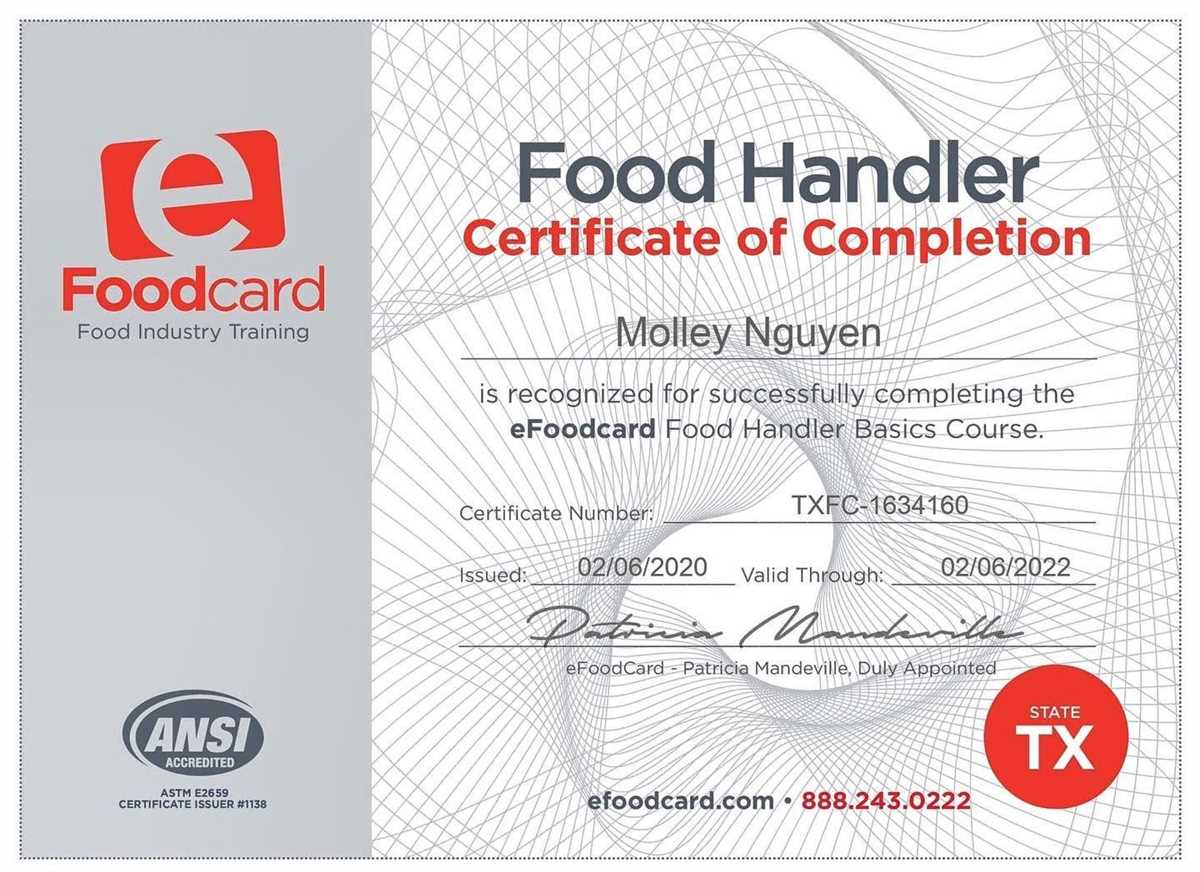Maintaining food safety is paramount for food handlers, and that includes being mindful of what you wear, especially jewelry. This comprehensive guide navigates the often-confusing world of jewelry regulations for food service, empowering you to prioritize hygiene while still expressing your personal style.
Acceptable Adornments: What’s Generally Okay?
Working with food requires meticulous attention to cleanliness. While certain jewelry items are usually permissible, simplicity and ease of cleaning are key.
Plain Wedding Bands
A simple, smooth wedding band is typically acceptable. Avoid stones, engravings, or any embellishments that could harbor bacteria. Even with a plain band, consider its potential impact on handwashing effectiveness. Some experts suggest removing even a plain band before handling food and storing it in a designated dish near the sink.
Small Stud Earrings
Small, secure stud earrings are usually fine. Avoid dangling or oversized earrings that could fall into food. However, some local regulations may prohibit earrings altogether, so it’s always best to check.
Wristwatches with a Second Hand (Sometimes)
A watch with a second hand is often essential for precise timing in food preparation. A simple, easily cleanable watch is sometimes permitted, but those with intricate designs, embellishments, or leather bands are generally discouraged due to the difficulty of sanitizing them. Many health departments recommend avoiding watches entirely, as they can trap food debris and bacteria.
Medical Alert Bracelets
Medical alert bracelets are always permitted; your health takes precedence. Ensure it’s securely fastened to minimize contamination risks. Consider discussing with your supervisor how to best manage this while adhering to food safety protocols. You might explore alternatives like medical ID cards or tags worn on a breakaway lanyard tucked under clothing.
Prohibited Bling: What to Leave at Home
Certain jewelry items are generally considered unsafe for food handling due to contamination and physical hazard risks.
Rings with Stones, Engravings, or Grooves
While a plain band might be permissible, rings with stones, engravings, or grooves create hiding places for bacteria, making proper cleaning nearly impossible.
Bracelets (Except Medical Alert Bracelets)
Bracelets, even seemingly smooth ones, can trap food particles and bacteria, fostering cross-contamination. Their movement also increases the chance of accidental contact with food.
Large or Dangling Earrings
These pose a significant risk of falling into food and can be harder to keep clean.
Intricate or Ornate Watches
As mentioned, simple watches might be acceptable in some cases, but those with complex designs or embellishments are discouraged due to sanitation concerns.
Essential Considerations for Food Handlers
Beyond specific jewelry types, these considerations are vital for maintaining a hygienic food environment:
Jewelry Hygiene
Even permitted jewelry requires regular cleaning to eliminate bacteria buildup. Establish a routine for sanitizing your jewelry using appropriate methods.
Handwashing is Paramount
Regardless of what jewelry you wear, frequent and thorough handwashing is non-negotiable. Wash your hands before starting work, after handling raw foods, using the restroom, and anytime contamination is possible. Do you have questions about where the steering nozzle is located on a PWC? Find out where the steering nozzle is located on a PWC.
Employer and Local Regulations
Always consult your employer about their specific jewelry policy, which may be stricter than general guidelines. Additionally, local health regulations can vary. Check with your local health department to ensure compliance. Have you been wondering who is responsible for littering from a motor vehicle? Learn who is responsible for littering from a motor vehicle.
Stay Informed
Food safety guidelines are subject to change based on ongoing research. Staying updated on current best practices and evolving regulations is crucial for every food handler.
Material Considerations
Different jewelry materials present varying risks. Porous materials like wood or certain stones are more likely to absorb bacteria and harder to clean effectively. Opt for non-porous materials if jewelry is permitted.
Allergen Awareness
Jewelry can harbor allergens, posing cross-contamination risks, especially when handling allergen-containing ingredients. Be mindful of this and sanitize thoroughly.
Gloves as an Added Layer
While not a replacement for proper handwashing and jewelry restrictions, gloves can offer an additional layer of protection against contamination.
Hair Restraints
Similar to jewelry, hair can also contaminate food. Always use appropriate hair restraints, such as nets or hats, to prevent hair from falling into food.
Key Takeaways: Jewelry Dos and Don’ts
| Jewelry Type | Permitted? | Considerations |
|---|---|---|
| Plain Wedding Band | Generally Yes | Smooth, no engravings; consider removing before handling food |
| Small Stud Earrings | Possibly, check local regulations | Securely fastened; avoid dangling or oversized earrings |
| Wristwatch (with second hand) | Sometimes, check local regulations and employer | Simple design, easily cleanable; many regulations discourage watches |
| Medical Alert Bracelet | Yes | Securely fastened; consider alternatives like a medical ID card |
| Rings with Stones/Engravings | No | Traps bacteria, difficult to clean |
| Bracelets | No (except medical alert) | Traps bacteria, increased contact risk |
| Large/Dangling Earrings | No | High risk of falling into food |
| Intricate/Ornate Watches | No | Difficult to clean, potential bacteria harborage |
By adhering to these guidelines and staying informed, food handlers contribute significantly to a safer and healthier environment for everyone. Prioritizing food safety is not just about following rules; it’s about understanding the reasons behind them and actively working to minimize risks. Building good hygiene habits ensures the food you prepare is both delicious and safe to consume.
- Unlock Water’s Symbolism: A Cross-Cultural Exploration - April 20, 2025
- Identify Black and White Snakes: Venomous or Harmless? - April 20, 2025
- Unlocking Potential: Origins High School’s NYC Story - April 20, 2025
















2 thoughts on “What Jewelry CAN Food Handlers Wear? A Guide to Safe & Compliant Adornments”
Comments are closed.